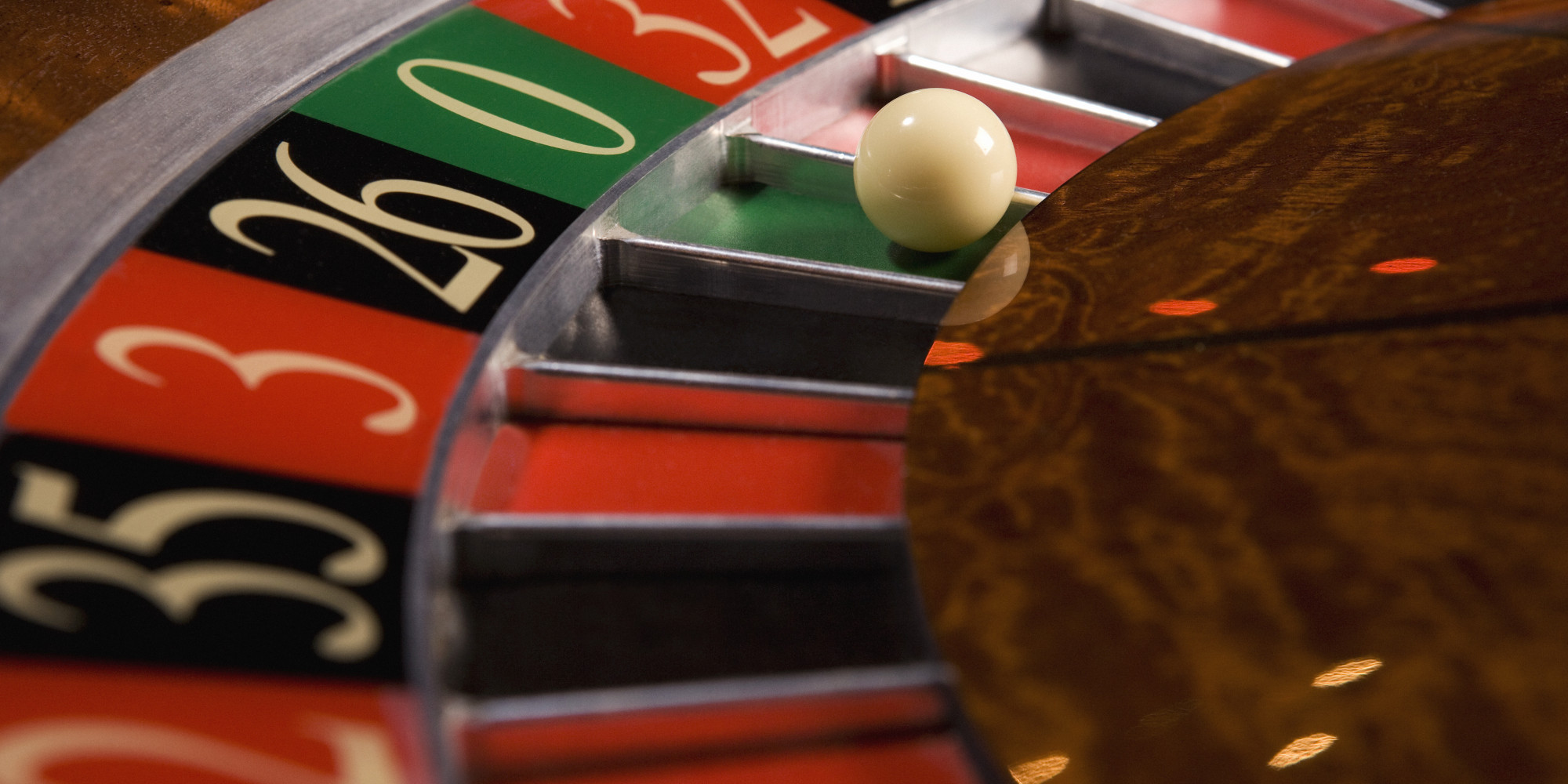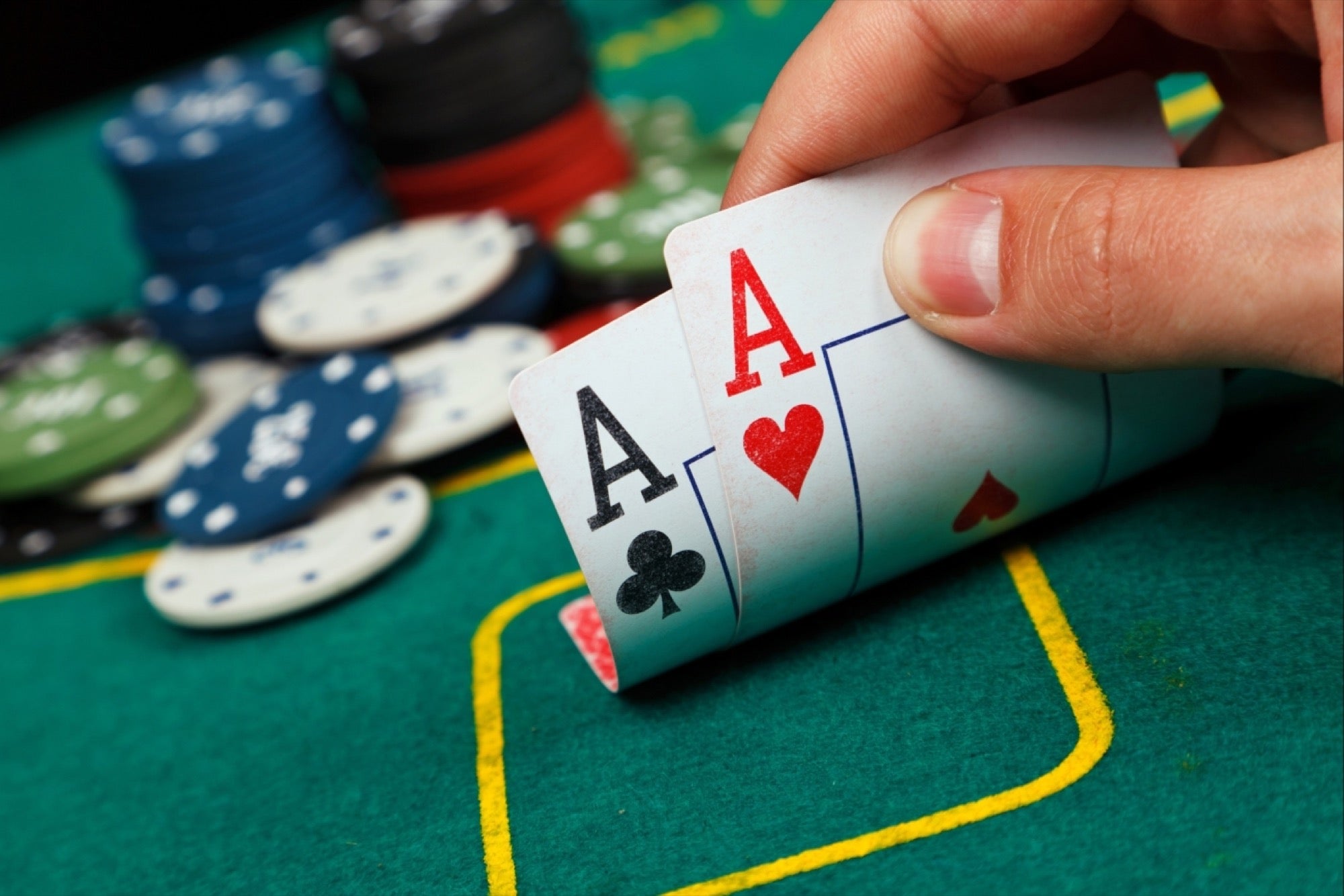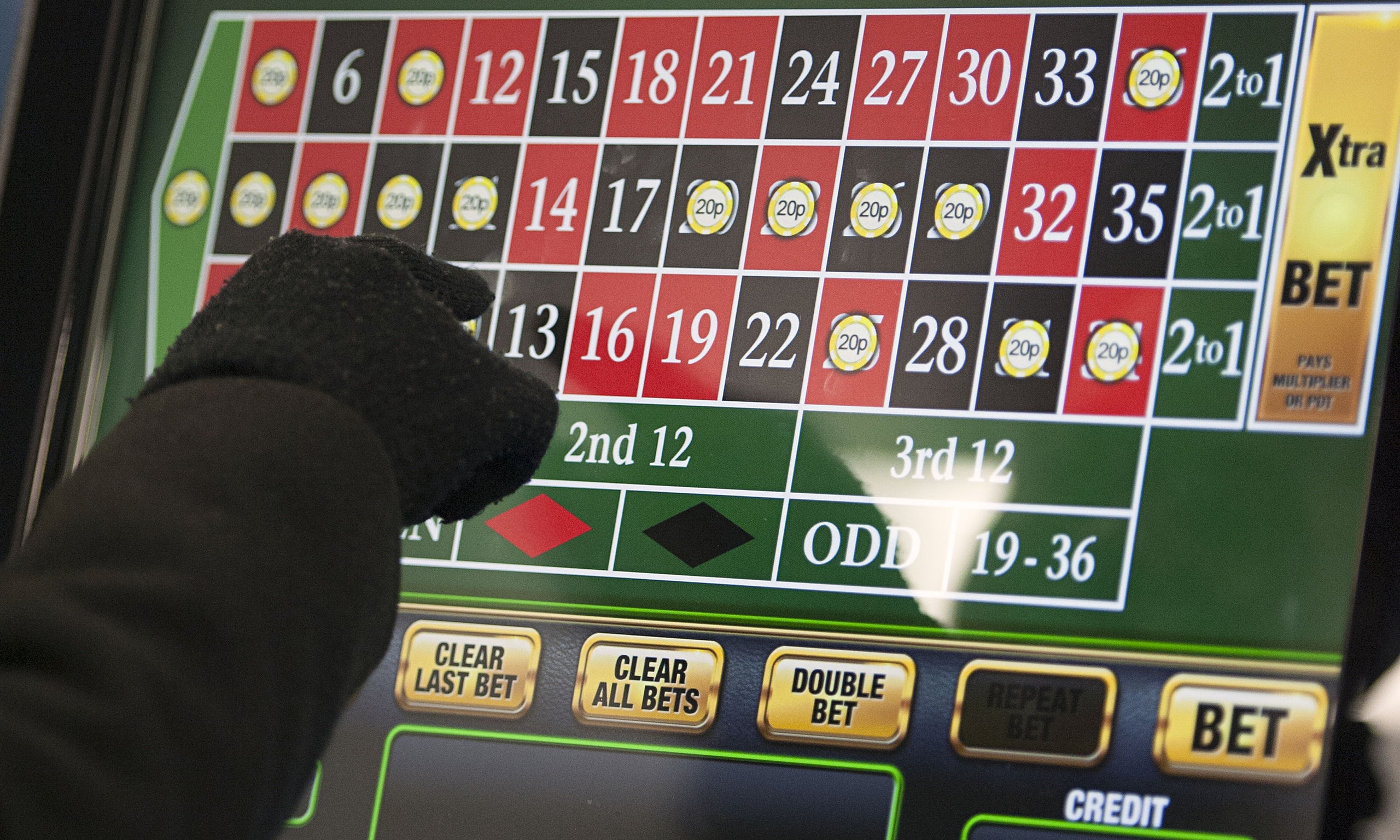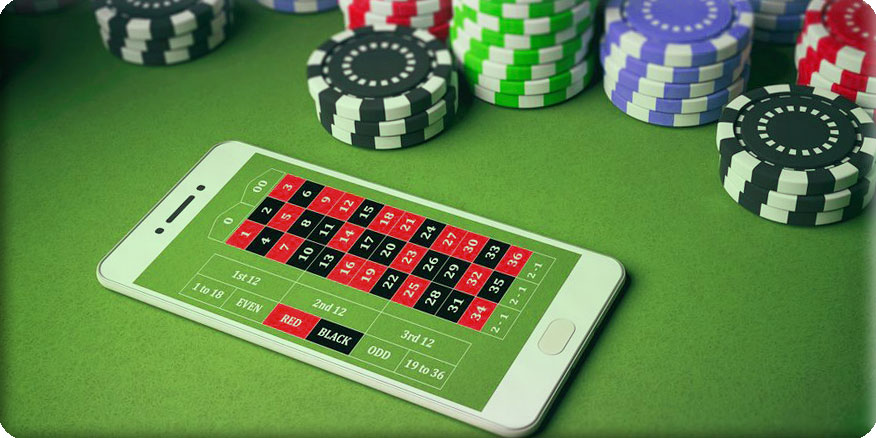know-poker bluff club – Things to know about the club
The first rule of bluff club is – you do not talk about bluff club
The second rule of bluff club is – you DO NOT talk about bluff club. Third rule of bluff club is, if someone calls you on the river, raises you all-in or you suck-out, the bluff is over.
Fourth rule, only two players bluff… you and the other players!
Fifth rule, one bluff at a time, fellas.

Sixth rule, no name calling and no crying when you get beaten up.
Seventh rule, bluffs will go on as long as there are poker players.
And the eighth and final rule, if this is your first night of poker, you have to bluff.
Poker is not simply a game of bluff; bluffing has its place in poker, but it is not a successful player’s style. Bluffing should not become a matter of routine but may be considered as an available option at appropriate times.
What is a bluff
A bluff is a calculated poker play that in most cases you will not want exposed. When choosing to bluff there ought to be good reason to do so. You should already have an understanding of the other players at the table and an idea of how you are perceived by them.
You should know which boards you can bluff on and which players you can take advantage of. You should know that to bluff, you do not simply make large bets hoping no one will call. The understanding of the pros and cons of the bets is necessary for the betting table. A link is provided https://idpkv99.com to check the benefits of playing the poker games in the clubs. The taking of the benefits will increase the cash in the bank account.
A bluff needs intelligent timing, considered betting and nerve, as well as the preparedness to pull out at anytime if you think your bluff has not been believed, even if deep into the hand.
It is not a mistake to bluff on any betting round if you believe that that play will win you the pot; but it is generally a mistake to bluff or continue bluffing when the pot has outgrown bluff territory. People do not make a habit of investing their chips without good reason. Always consider why so many chips are going into the pot.
An Internet fact (so it is as reliable as 7-2 off suit); a study has shown that bluffing 11% of the time is correct. More than that and you will be called, less than that and you will not earn. However, that cannot be substantiated, taught or properly explained, because what counts as a bluff to one player will be a positional bet to others, or a semi-bluff to anyone else. What works on one table will fail on another; itís a feel thing.

The3,2,1 of bluffing
3) There are three types of bluff; (i) the stone cold bluff, (ii) the semi bluff and (iii) the positional bet.
- (i) A stone cold poker bluff (as seen on TV) where a player bets strongly with a valueless hand, is much overrated and does not form the corner-stone of a successful player’s game; it is a very risky type of play. There will be times when a stone cold bluff is your only option, but work at making those times rare.
- (ii) One type of semi bluff poker play is where a player represents a stronger hand to the table than the hand they hold; that hand will still have some value. The semi bluff may (or not) be made, when a player has gained some information about their opponent’s play-style and/or their opponent’s likely hand (or may be made when gaining that information).
A second type of semi bluff is the continuation bet (C-bet), where a player bets on the flop after they have pre-flop raised. It can be a profitable tactic if used intelligently. However, if a player always C-bets regardless of the pre-flop betting and the board cards, the table will know that a good proportion of those C-bets are stone cold bluffs. Opponents will call and raise more often.
- (iii) A positional bet (bluff) may be made by a player acting late or last in a betting round. A positional bet may be a reflection on the cards that you have and an opinion on what cards your opponents do not have; it should be considered and controlled.
The above examples of poker bluffs may seem very similar; but they are not ‘just bluffing.’ Each has subtle differences that the good players will understand and you should too, as they all have the potential to be rewarding. However, they may also make your table time expensive if overused or played badly.
2) There are two types of bluffer; (i) smart ones and (ii) dumb ones.
- (i) Smart bluffers; bluff just enough of the time, in the right situations, in the right way.
- (ii) Dumb bluffers; rarely bluff too little, often bluff too much. They pick the wrong moment on the wrong board, against the wrong player and have an expensive time in their learning curve.
1) There is one outcome to a bluff; it’ll either work or it won’t.
- If it is a semi bluff, C-bet or positional bet that you are making when working with considered information, you will have an instant result and long term return. For those who get it mostly right, the return will be positive; but for those who don’t the return will be negative.
- For those rare times when a stone cold bluff is your only option, good luck to you; if there are better options but you still chose to bluff – make sure you can afford to lose it.
The constant bluffer
You will see a few players that just keep bet-bet-betting. They are in every hand, raising on every betting round. You and everyone else will know that they cannot always have the premium hand that their betting says they have. You just have to catch them out… or do you.
Having the mind set, ‘I’ll catch them at it,’ is a dangerous one to have. You may feel like taking a risk against the constant bluffer just to prove… just to prove what? We already know the constant bluffer is bluffing constantly… and yes we know they are an idiot. You don’t have to prove anything to anyone.
Worry about your own game, not about the constant bluffer’s game. Bide your time and the constant bluffer will fall into your net soon. And if it is not that particular constant bluffer today, it will be another constant bluffer tomorrow.

Finally; when you bluff… and you are going to bluff
You should recognise a good player before trying to bluff them. A novice player may not understand what you are trying to tell them with your semi bluff or positional betting and are liable to call any amount, with anything.
Be convincing with your bluff and be damn sure it is the right play. A good bluff will be rewarding, a bad bluff will make you look and feel like a poor poker player.


